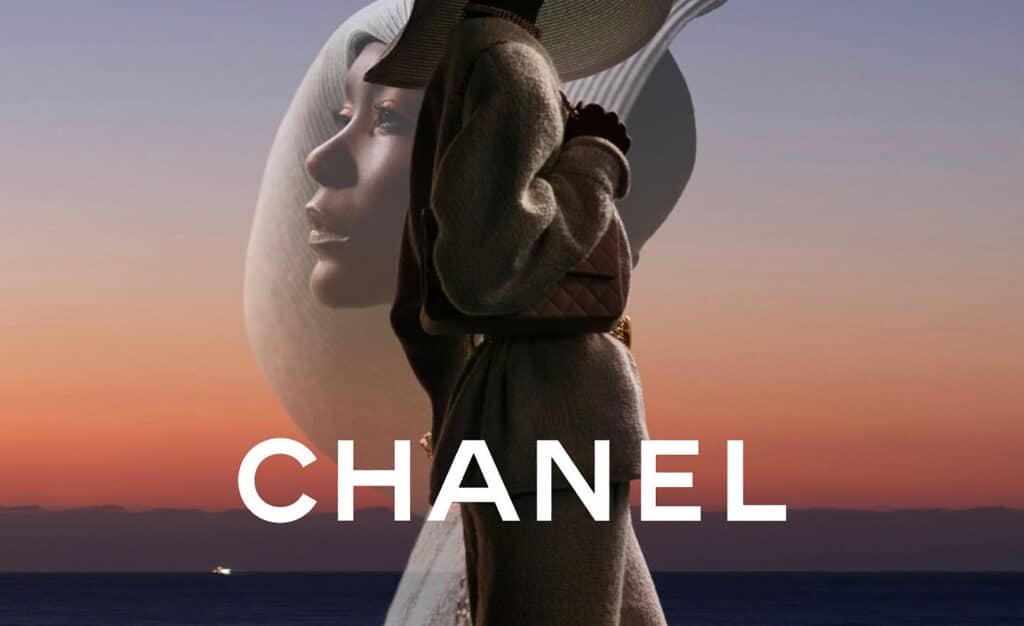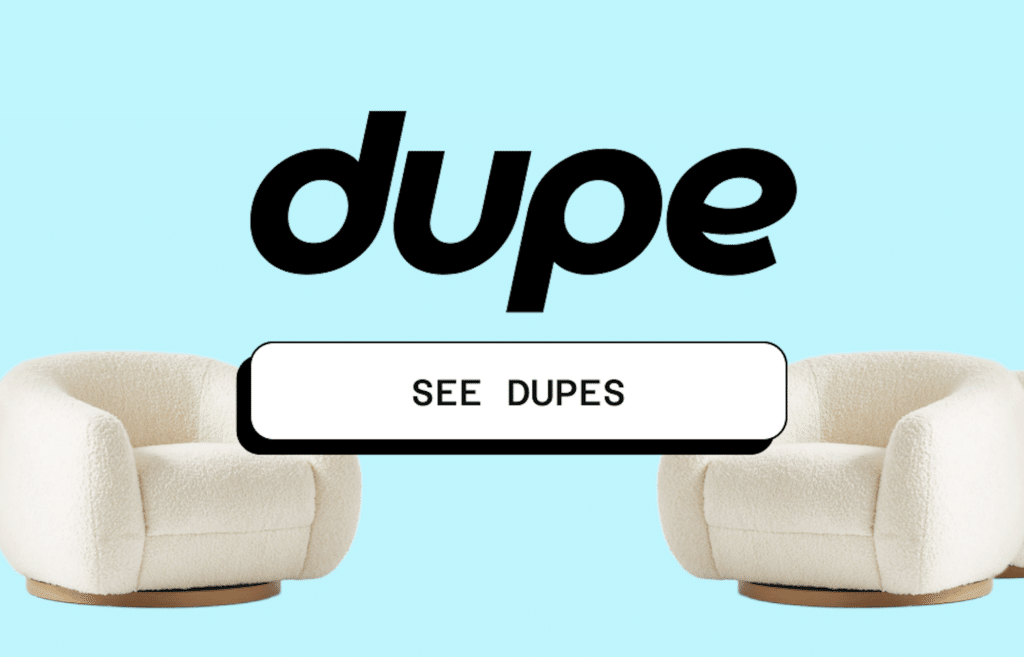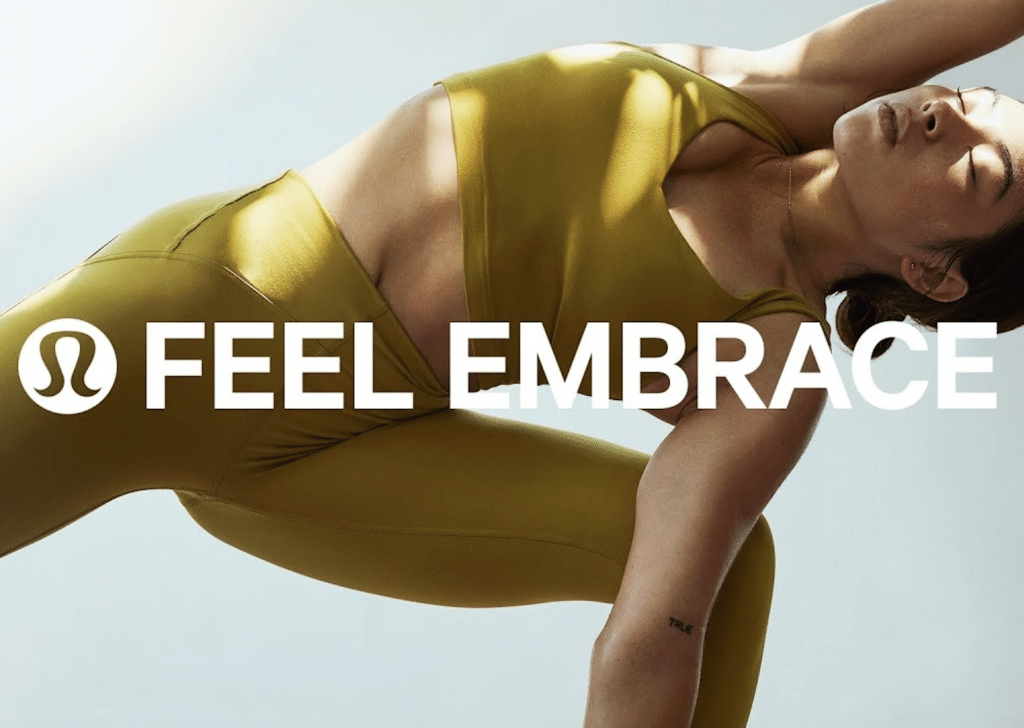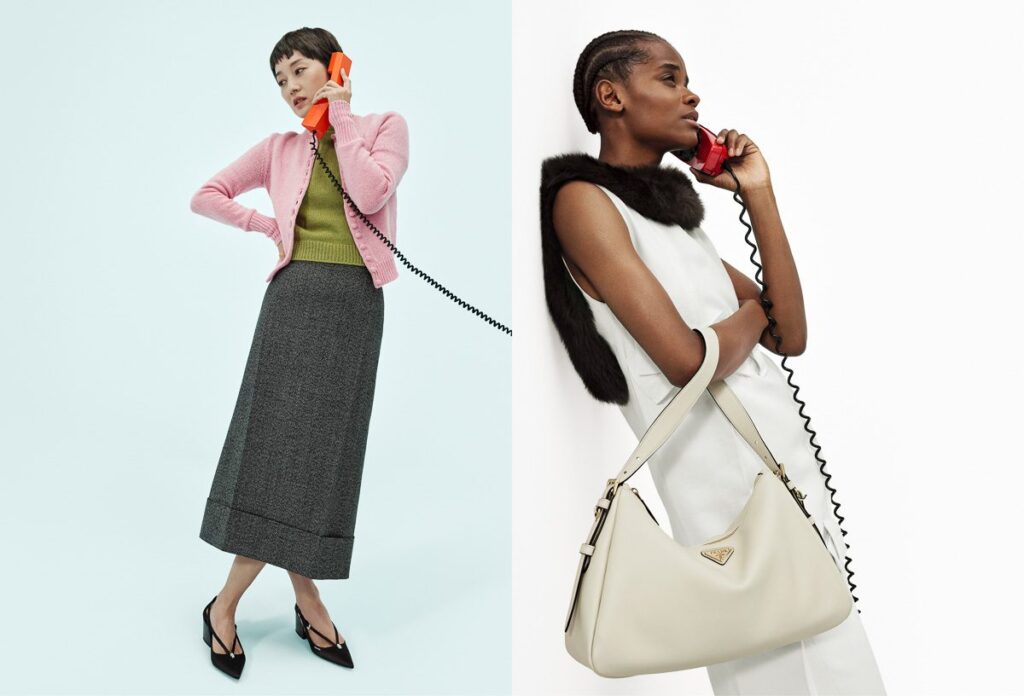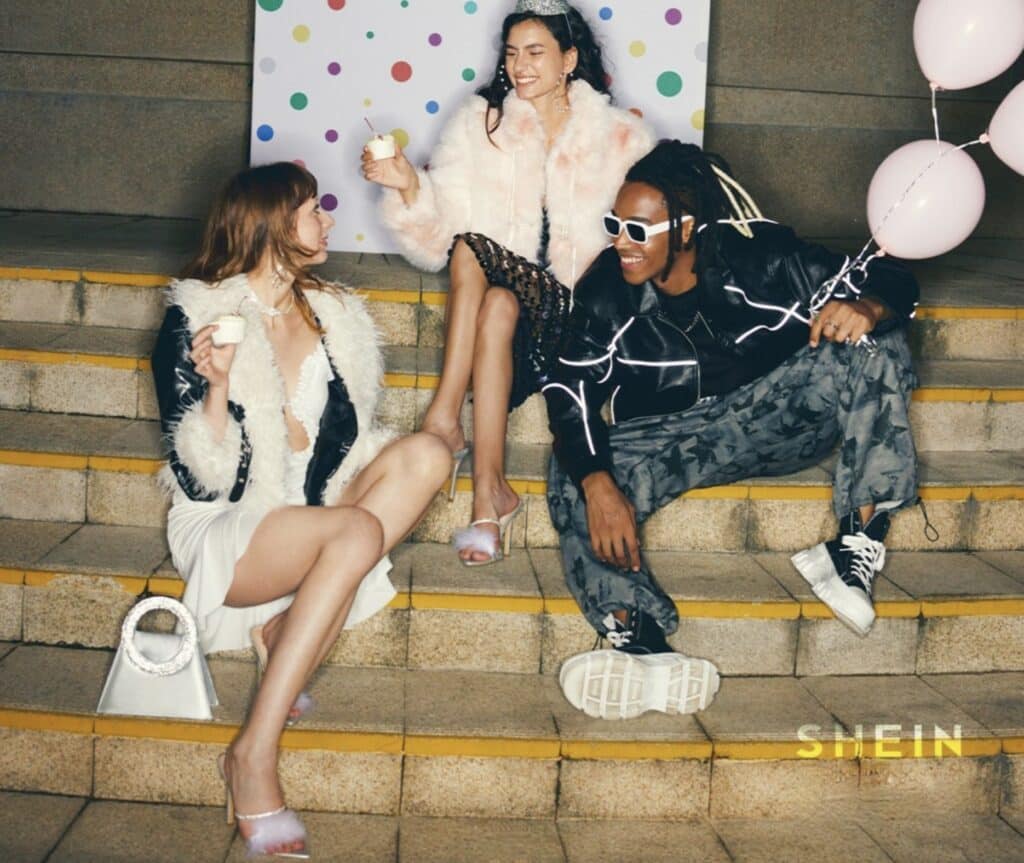Chanel is taking on a boutique with outposts on the Upper East Side and Southampton, New York for allegedly offering up counterfeit goods. According to the lawsuit that Chanel filed this week in a New York federal court, Taroo and its owner Theresa Russo have advertised, offered for sale, and sold clothing, accessories, and handbags bearing an array of its “world-famous” trademarks, including its interlocking C monogram, and the CHANEL word mark. The marks on Taroo’s goods are “identical to [or] substantially indistinguishable from” Chanel’s marks, the luxury brand argues, making it likely that consumers will be duped into believing that they are Chanel products or that Chanel endorsed them when that is not the case.
Setting the stage in its November 25 complaint, as first reported by TFL, Chanel alleges that Taroo’s corporate entities and Russo own and operate a retail store called “Taroo” in Manhattan and in Southampton, where they “display, offer for sale and/or sell various clothing, jewelry, handbag, and accessory products, including the [allegedly counterfeit or otherwise infringing] products.” Taroo also promotes and/or offers up the goods at issue through its e-commerce site and social media platforms, Chanel asserts in furtherance of the newly-filed lawsuit.
The clash between Chanel and Taroo got its start back in 2021 when Chanel claims that its investigators observed counterfeit goods being displayed and sold at Taroo’s stores on multiple occasions. Despite sending two cease-and-desist letters to Taroo in October 2021, in which it demanded that Taroo immediately stop selling products bearing Chanel’s trademarks and disclose details about its suppliers, Chanel asserts that Taroo ignored these warnings and continued its infringing activities well into 2024.
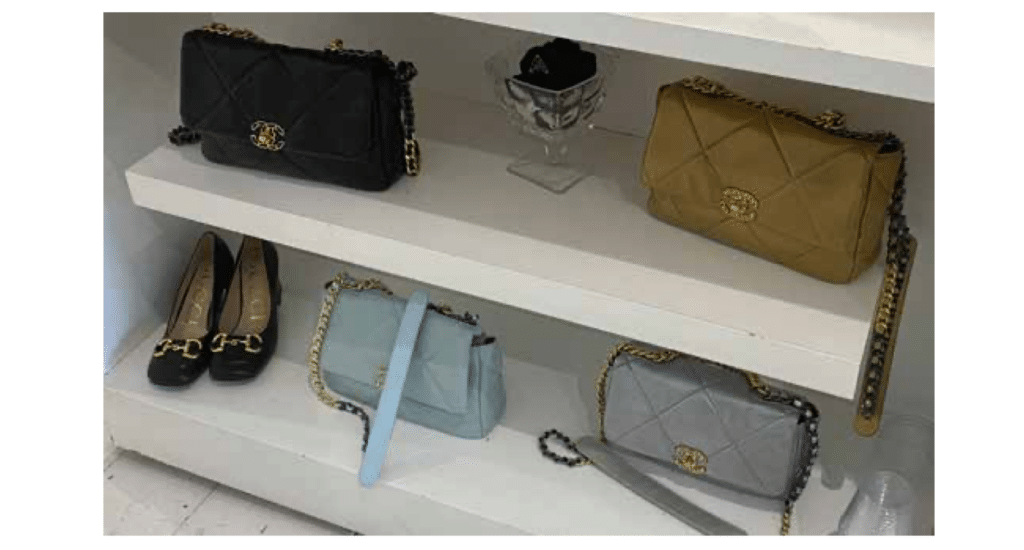
In addition to potentially confusing consumers in violation of federal and state trademark laws, Chanel argues that Taroo’s sale of goods bearing trademarks that are identical to its own is damaging to the Chanel brand, as its trademarks have achieved significant recognition worldwide as “symbols of Chanel’s quality, reputation, and goodwill.” Since Taroo’s Chanel trademark-bearing wares – and the conditions under which they are sold – almost certainly do not meet Chanel’s standards, its offering and sale of such goods undermines the values embodied in Chanel’s valuable marks, the company argues.
Chanel continues on to maintain that Taroo “has been engaging in the above-described illegal and infringing activities negligently and/or knowingly and intentionally, with reckless disregard or willful blindness to [Chanel’s] rights, and/or with bad faith, for the purpose of trading on the goodwill and reputation of the Chanel marks and [Chanel’s] authentic products.” With the foregoing in mind, Chanel sets out claims of trademark infringement and counterfeiting, false designation of origin, and unfair competition, and is seeking a court order prohibiting Taroo from manufacturing, distributing, or selling any products bearing its trademarks. Chanel also wants the court to order Taroo to recall and deliver for destruction all counterfeit Chanel goods in its possession.
And in addition to monetary damages, including all profits derived from the infringing activities, treble damages, statutory damages of up to $2 million per counterfeit mark, and attorneys’ fees, Chanel is looking for Taroo to provide full disclosure of its suppliers and sales records in connection with the infringing products.
THE BIGGER PICTURE: The lawsuit is the latest in a consistent string of brand enforcement activities by Chanel. Aside from the routine enforcement efforts that trademark holders need to carry out, Chanel almost certainly has a greater need (than some other brands) to employ legal measures to deter counterfeiters and unauthorized sellers in order to uphold the exclusivity and value associated with the Chanel brand. At least part of this need stems from its enduring efforts to raise its product prices.
Chances are, as Chanel continues to elevate its product prices (something is has become relatively well-known for in recent years), the significance of enforcement of its marks has correspondingly increased. Certainly, higher price points (and the rising quality of counterfeit goods more broadly) increase the demand of counterfeit goods, as TFL has previously discussed, and potentially increases need for more robust enforcement efforts.
At the same time, the protection of Chanel’s trademarks becomes even more critical as the company looks to cement itself at the top of the luxury segment, alongside the likes of Hermès, since these famous marks (and the values embodies in those marks, including exclusivity, high-price points, etc.) are the primary draw for most consumers when it comes to buying Chanel (and other luxury goods makers) products. This necessitates that Chanel intensify its legal efforts to safeguard its brand integrity and market position.
As for whether Chanel will be the only company to take action against Taroo, that may be unlikely. Based on the company’s site and Instagram account, Dior, Van Clef & Arpels, Cartier, Stella McCartney, and Valextra may have infringement causes of action to wage, as well.
The case is Chanel, Inc. v. Taroo Second, Inc., 1:24-cv-09038 (SDNY).




